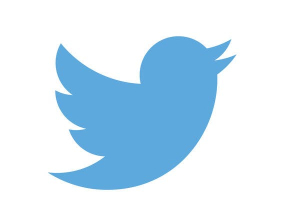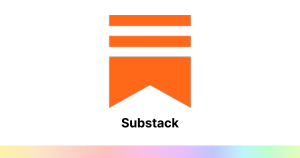 If you don’t take responsibility for the medium you create someone else will. And they won’t have your interests at heart.
If you don’t take responsibility for the medium you create someone else will. And they won’t have your interests at heart.
This has been my “pinned tweet” at Twitter for a year and a half. But there’s a corollary, which I thought was obvious.
Taking responsibility is gonna cost ‘ya.
Print publishers have understood this for centuries. Credibility is the coin of their realm. But print publishers are paying for what they publish. The checks control the content. Publishers are also subject to business’ morality, not that of the journalists they hire. If ethical compromises must be made, they are empowered to make them, and take responsibility for the result.
There’s wiggle room here for everyone but the writers.
 The Web changed the game because it let “publishers” reap huge profits without paying writers a dime. It’s called “social media,” but it’s not always social and it’s not always media. Resistance was inevitable, from both sides. Those of us who make money from our writing resented being paid with “promotion.” Those who didn’t still wanted to control the conversation and organized to do so.
The Web changed the game because it let “publishers” reap huge profits without paying writers a dime. It’s called “social media,” but it’s not always social and it’s not always media. Resistance was inevitable, from both sides. Those of us who make money from our writing resented being paid with “promotion.” Those who didn’t still wanted to control the conversation and organized to do so.
The “free publishers,” like Facebook and Twitter, began trying to step up to their responsibility last year. To save money they’ve tried automating this as much as possible. The result has been a host of new controversies, not just with political actors but with writers, who depend on self-promotion in a world we never made.
Then there are new hybrid publishers like Substack, trying to thread the needle between free and paid. They have given cash to what it’s best to call “bell cow” writers. The bell cows’ traffic draws others. Some dream of cash, others of traffic, but in the end, it’s supposed to become a profitable platform.
The problem is, as I said at the top, refusing to identify the bell cows can lead to charges of manipulation. Annalee Newitz suspects she might have signed on to a scam meant to enrich right-wing cranks. Letting both sides in pleases neither.
In the end, the new “publishers” must make publishers’ choices, human choices that don’t scale. They don’t like it. There’s good business they’re leaving on the ground, no matter how they turn. But that’s how publishers earn their keep and pretending otherwise won’t work anymore.










